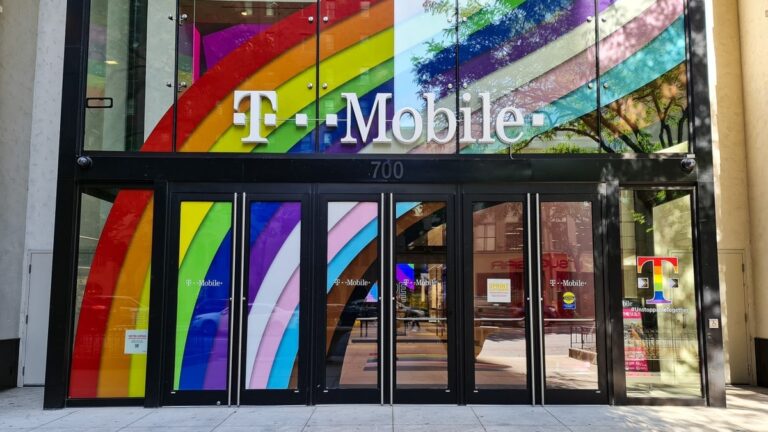
Apple and Google hold an “effective duopoly” with their mobile platforms and may be forced to open them up to more competition, a UK watchdog has said.
The Competition and Markets Authority (CMA) has announced proposals to give the US tech giants “strategic market status” for their mobile platforms, which could enforce changes that will benefit consumers, businesses and app developers.
Under new rules which recently came into force, firms designated with the status can have conduct requirements imposed on them which boost competition for UK businesses and choice for consumers.
The regulator has outlined “targeted and proportionate” possible actions for each firm to improve competition across app stores, so-called interoperability, consumer choice and artificial intelligence (AI) services.
Apple and Google both criticised the proposal to designate their platforms with the special status, but consumer group Which? said it should ultimately lead to more innovation and choice for consumers.
An earlier market study by the CMA published in 2021 found that Apple and Google dominated mobile ecosystems across operating systems, app stores and web browsers.
It said this meant the two companies were in a position to effectively set the rules on how mobile browsers worked on their devices.
Around 90% to 100% of UK mobile devices run on Apple or Google’s mobile platforms, according to the CMA.
Sarah Cardell, chief executive of the regulator, said: “Apple and Google’s mobile platforms are both critical to the UK economy – playing an important role in all our lives, from banking and shopping to entertainment and education.
“But our investigation so far has identified opportunities for more innovation and choice.”
She added that action needed to be taken swiftly.
“Time is of the essence – as competition agencies and courts globally take action in these markets, it’s essential the UK doesn’t fall behind,” she said.
Potential measures outlined by the CMA include action on app stores, making the app review process fair and transparent for developers, and allowing smartphone users to “steer” away from app stores to make purchases.
The CMA will also look to give app developers interoperable access to Apple functionality so they can create competitive products and services.
It also wants to address the restrictions that Apple places on digital wallets so other financial technology firms can compete, while allowing smartwatches and headsets to connect seamlessly with mobiles.
But the CMA has stopped short of some interventions, such as forcing Apple to allow alternative app stores.
An Apple spokesperson said: “We’re concerned the rules the UK is now considering would undermine the privacy and security protections that our users have come to expect, hamper our ability to innovate, and force us to give away our technology for free to foreign competitors.
“We will continue to engage with the regulator to make sure they fully understand these risks.”
Google said the proposal was “disappointing and unwarranted”.
Oliver Bethell, director of competition at Google, said the firm’s mobile platform and products were open source, offering “choice, security and innovation for users”.
“We estimate that Android has saved developers over one million days they would otherwise spend adapting to different operating models for each smartphone,” he said.
“It is therefore crucial that any new regulation is evidence-based, proportionate, and does not become a roadblock to growth in the UK.”
The companies can make their cases to the CMA over the next month, with the CMA expected to make a final decision by October 22.
Rocio Concha, director of policy and advocacy at consumer group, said: “Which? supports this measure in a bid to boost competition among businesses, which should lead to more innovation and more choice for consumers.”





